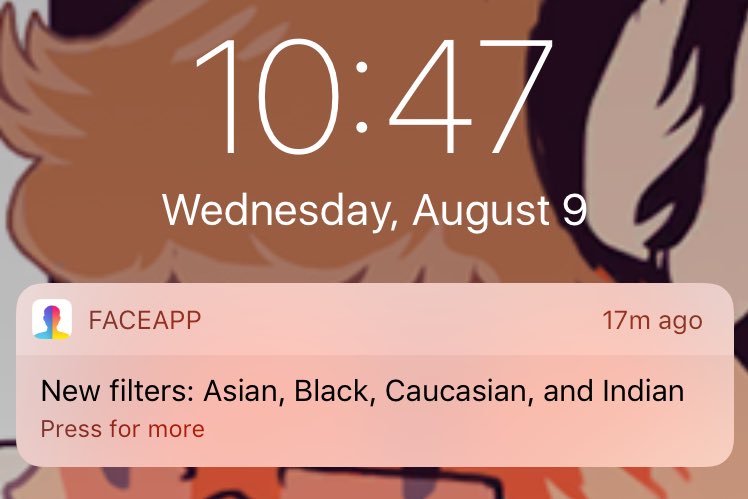On Wednesday, FaceApp introduced a new update that added four different “ethnicity change filters” to selfies: Caucasian, Black, Indian, and Asian. Just hours after the release of the feature, public outrage resulted in the immediate removal of the new filters over claims of blatant racism.
Yaroslav Goncharov, the CEO of Wireless Lab who develops FaceApp, publicly apologized for the incident but never quite admitted that the photo modifications had racist results. Instead, he deemed the filters “equal in all aspects,” which sparked even further controversy.
It is not the first time that FaceApp or other applications that apply filters to your face have had missteps. Snapchat has been guilty of the same in the past, and only a couple of months ago, the Russian developers had been accused of racism over a “Hot” filter that whitewashed dark-skinned users.
FaceApp doesn’t seem to know they were being racist
Goncharov issued a statement to the press after receiving more than several inquiries about the nature of their new product. In his view and words, their ethnicity change filters were “designed to be equal in all aspects,” and proof of this is the fact that “they are even represented by the same icon.”
While yes, they are indeed represented by the same neutral globe icon and the order in which they come up is randomized for every user that does not magically cancel out the fact that white people had their lips magnified under the Black filter gained a mustache as Indians or got their eyes elongated as Asians.
Similarly, black users and people from other races suffered similar changes when applying the filters, which “don’t have any positive or negative connotations associated with them” according to the CEO, but many people from the ethnicities depicted in FaceApp are claiming cultural appropriation and stereotype perpetuation.
All racism aside, the tech behind FaceApp is impressive
Putting a pin on the racist claims for a moment, few people can deny they were not impressed with the resulting pictures after applying the filters. Yes, the technology has better uses than changing people’s skin color and essentially engaging in digital blackface, but even at that, it does an above average job.
In only a few instances or sample pictures shared online did the machine learning model make mistakes like blending hair and skin or show rough edges that were basically cutout faces put one on top of the other. Overall, the results were smooth and quite pro-looking for a mobile app that does all this on your phone.
Of course, no one condones the behavior or thought process that went behind launching the feature. People just noticed that, if Wireless Lab were to put their skills to good use, they could make bank developing pro photo aging software for victim identification or some other market that is better than, well… This.
Source: The Verge


